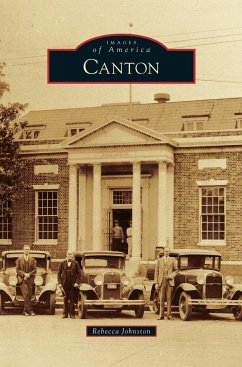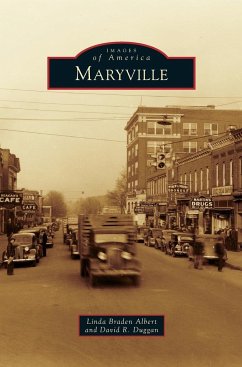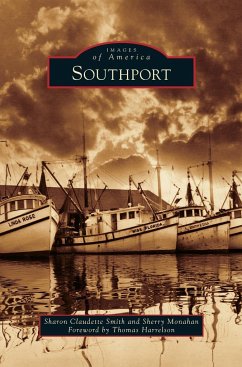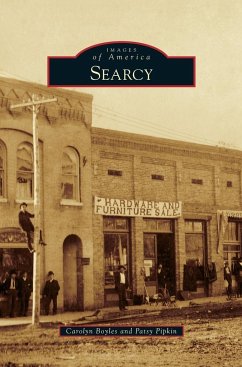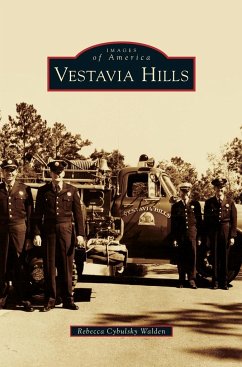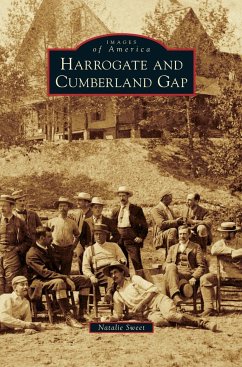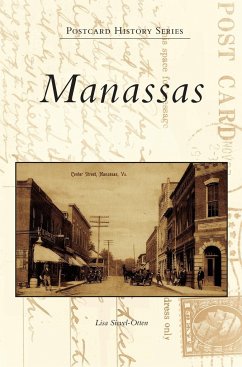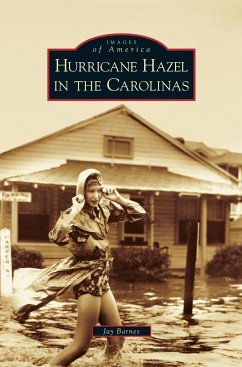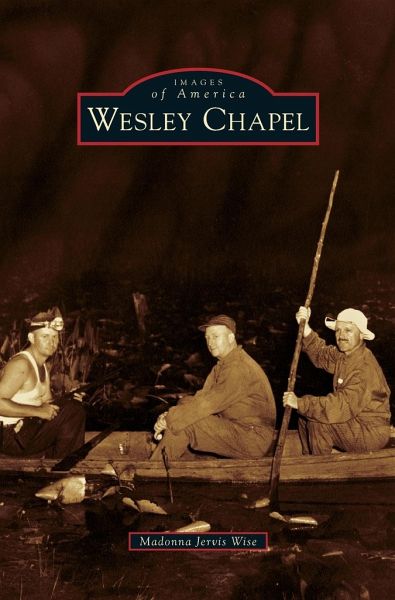
Wesley Chapel

PAYBACK Punkte
11 °P sammeln!
Wesley Chapel originated in the mid-1800s as a cohesive community of settlers who demonstrated a uniquely rural authenticity and independence of spirit. Evidence of Native American presence in the area has been documented as early as 10,000 BC. Lumber harvesting and turpentine production became prominent industries, while cash-crop farming, citrus, and livestock ranching provided sustenance for the pioneer settlement. Charcoal kilns, gator hunting, and moonshine stills supplemented incomes and spawned legends. The community was also identified by the monikers Gatorville, Double Branch, and God...
Wesley Chapel originated in the mid-1800s as a cohesive community of settlers who demonstrated a uniquely rural authenticity and independence of spirit. Evidence of Native American presence in the area has been documented as early as 10,000 BC. Lumber harvesting and turpentine production became prominent industries, while cash-crop farming, citrus, and livestock ranching provided sustenance for the pioneer settlement. Charcoal kilns, gator hunting, and moonshine stills supplemented incomes and spawned legends. The community was also identified by the monikers Gatorville, Double Branch, and Godwin. From 1897 to 1902, Wesley Chapel boasted its own post office, two sawmills, and a general store. Primitive roads left residents with an informal town nucleus, and services shifted to surrounding towns until the late 20th century, when postal service and incorporation emerged, and the lumber trusts of John D. Rockefeller, Otto Hermann Kahn, and Edwin Wiley morphed into sizeable ranches.




